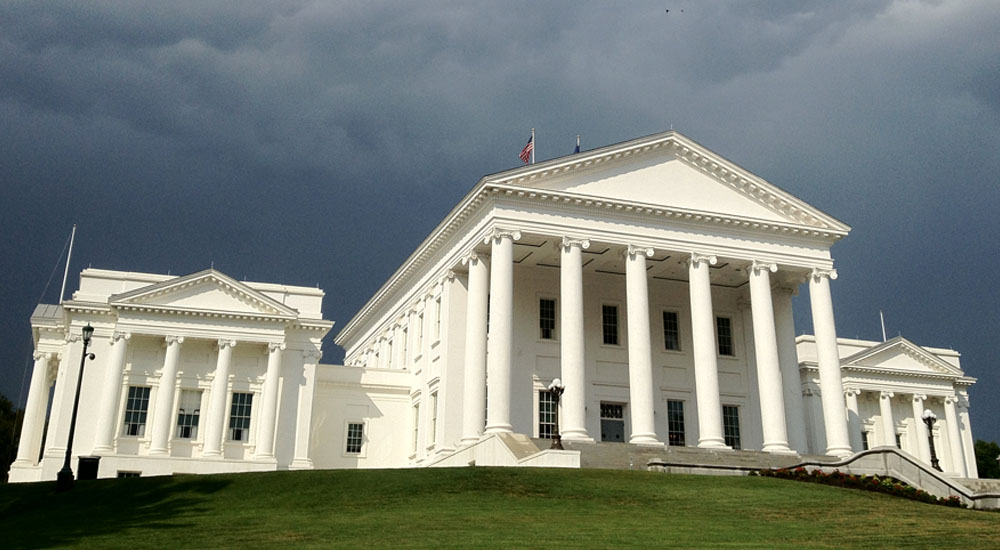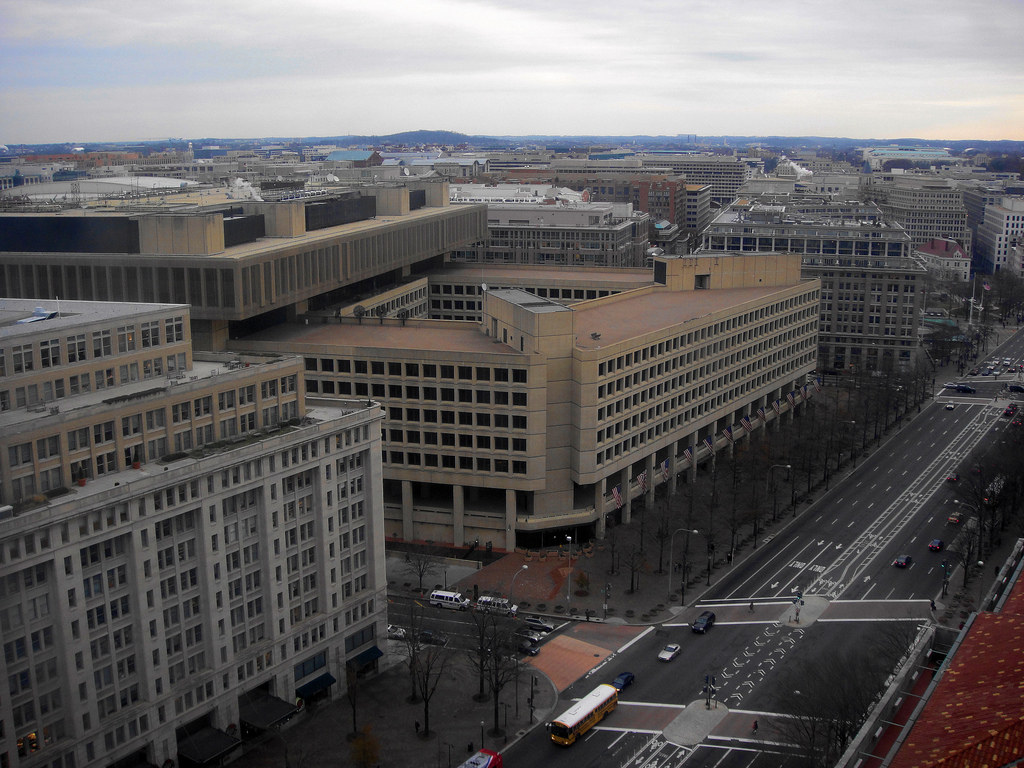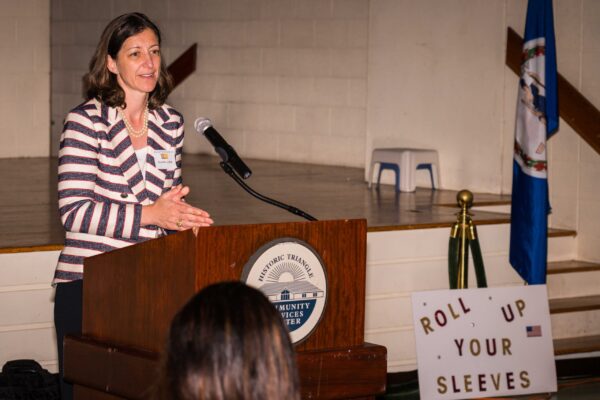Skyrocketing premiums are making healthcare coverage unaffordable for those who do not qualify for federal subsidies established by the Affordable Care Act (ACA). As the news has come out that insurance premiums in Virginia will increase by an average of more than $833 per month next year, the Commonwealth’s executive branch will come together to consider options to stabilize the health insurance market.
The alternatives to be studied by the Virginia Market Stability Group include two new proposals by President Donald Trump to expand availability of insurance coverage that may be more affordable yet less comprehensive through short-term policies and associations of customers who band together as one buyer. Though, one measure that seems to be most promising is a state budget plan to request a State Innovation Waiver for a “re-insurance” program that would help lessen the costs for the most expensive patients, also relieving the expense for others by lowering the risk.
In a report from the Richmond Times-Dispatch, Secretary of Health and Human Resources Dan Carey said the plan is “the number one and most promising tool to use.”
Currently, Oregon, Minnesota, Wisconsin, Maine, and Alaska have received federal approval of the innovation waivers. They were granted under under Section 1332 of the ACA, which permits a state to apply for a waiver to order pursue innovative strategies for providing residents with access to high-quality, affordable healthcare insurance while retaining the basic protections of the ACA, according to the Centers for Medicaid and Medicare Services.
The Group will convene Monday for the first of five meetings set to craft a way to lessen monthly insurance premiums. A report will be sent to Governor Ralph Northam and the state’s legislative budget committees by November 1.
The re-insurance plan is estimated to reduce insurance premiums by up to 15 percent for people in the federally-run marketplace or the private insurance market. These plans under the ACA have aided in shielding individual and small-group markets from high-cost patients during the first three years of the Obama-era mandate. However, the program expired and Congress has not reinstated it.
Echoing the sentiment of regulators nationwide, Commissioner of Insurance Scott White said, “At the end of the day, the only game in town right now is the re-insurance program.”
While it is seemingly the best measure to defray premium costs, the effectiveness of the program depends on how much federal and state money is available.
For the question of funding, a report must be completed that is sent to certain committees within the General Assembly, wherein an analysis of the costs and assumptions used to implement the waiver and any mechanism proposed to fund the non-federal share of costs is revealed.
Regardless of how the plan works, Northam claims that insurance premiums will be driven lower after the contentious Medicaid expansion program goes live on January 1. The governor says that since an estimated 89,000 Virginians receive federal subsidies for insurance on the marketplace, they will then become eligible for coverage under Medicaid, which places them outside of the marketplace, changing the cost pool.
Carey explained that medicaid expansion in other states has reduced insurance premiums by six to 10 percent, according to the report. As well, preliminary rates insurers filed last month for next year’s policies are 1.5 to five percent lower because of the expectation of expanded Medicaid coverage, but White says that “these are not the final rates.”
Nevertheless, premiums will go up drastically next year due to a few factors.
If the state looks to short-term and group “association plans,” they will siphon healthy people from shrinking risk pools and drive up the cost of coverage for those who remain by four to 15 percent, White said. Furthermore, with the ending of the ACA’s individual mandate, the healthy adults required to purchase in the marketplace will be unavailable to prop up the extra costs from those who use their healthcare insurance frequently. The commissioner of insurance says just that could drive up commercial premiums by at least 10 percent.
Republicans in the state legislature proposed four separate bills in effort to help people afford coverage by broadening availability of short-term and catastrophic health plans, as well as the use of association plans that chambers of commerce and other groups could use. But, all were voted by Governor Northam.





